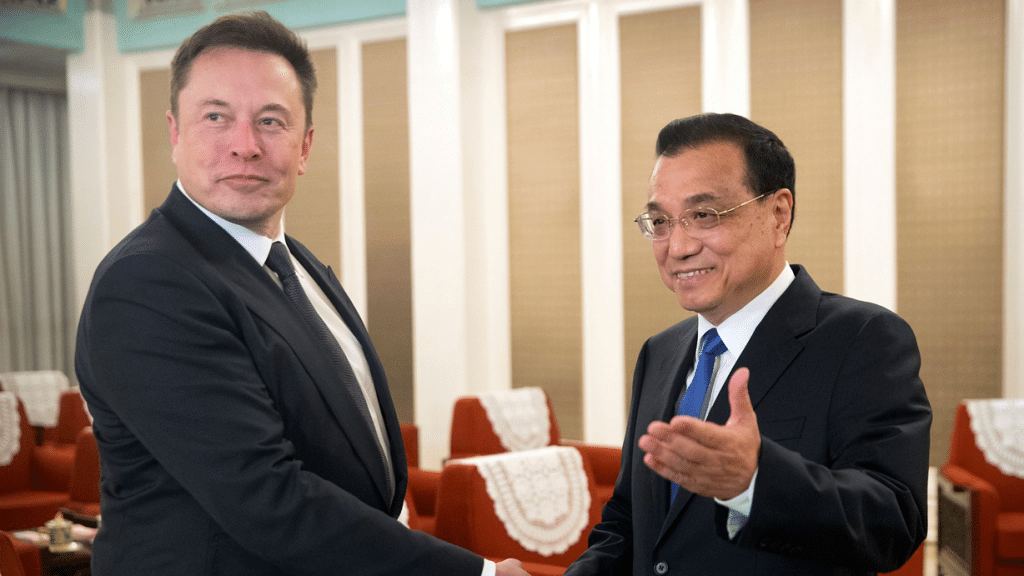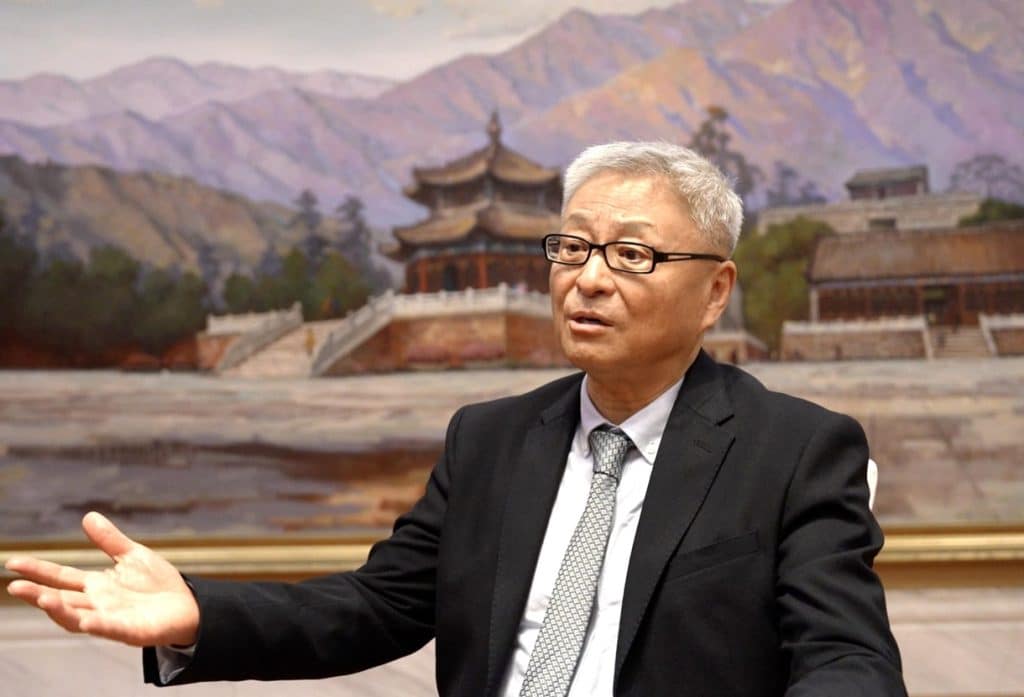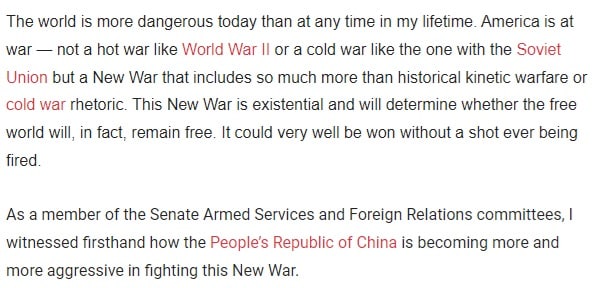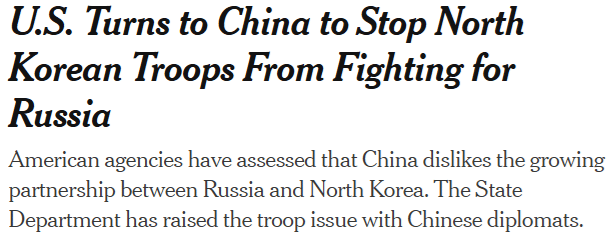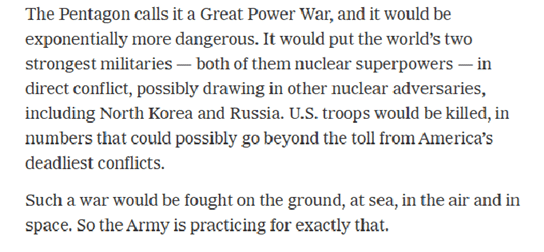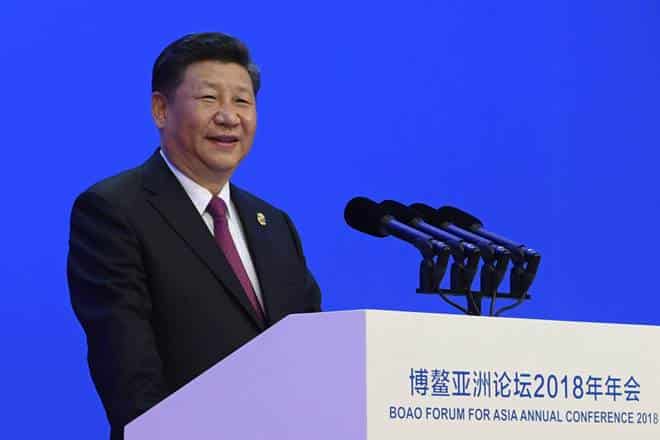American Election 2012: The Danger of China Bashing
作者:Andrew Dirks 来源:US-China Perception Monitor
The relationship between the United States and the People’s Republic of China has the capacity to define the global geopolitical landscape for decades to come. Following the official end of the United States combat mission in Iraq in December 2011, the gradual drawing down of American troops in Afghanistan, and against the backdrop of a global financial crisis that has lasted for nearly four years, American relations vis-à-vis China are likely to take center stage on the international scene. As the U.S. Presidential contest between Barack Obama and Mitt Romney enters its final month, the dangers of this important relationship being harmed by contentious political rhetoric from Republicans and Democrats has become too great to ignore. President Obama will be forced to walk a precarious tightrope on Sino-U.S. relations over the next month, as his opponent Mitt Romney and the Republican leadership attempt to present themselves as “tougher” on China.
Ex-Massachusetts governor Romney has criticized President Obama’s trade record on China numerous times throughout his campaign. Trade conflicts between China and the United States has led to one of the few specific campaign promises made by Governor Romney, who has vowed to officially accuse China of currency manipulation on his first day as president. This pugnacious attitude towards China is echoed in the official platform the Republican Party adopted in August 2012,which accused President Obama of “virtual surrender” on Sino-U.S. trade issues.[i] The Republican platform also decries China’s “destabilizing” territorial claims in the South China Sea and has promised to continue U.S. arms sales to Taiwan, which is always a contentious issue.[ii] The Republican promises of acting “tougher” on China put President Obama in a delicate position: how to counter these political attacks during the election without going so far as to harm the future of US-China relations should he win a second term. Sino-US relations are obviously important to the Obama Administration, as a senior diplomat of Obama’s foreign policy team told journalist David Sanger “If we get China wrong, in thirty years that’s the only thing anyone will remember.”[iii]
Has the Obama administration been weak on China as the Republicans claim? A review of the historical record of the last three years does not completely validate Republican attacks. During the first debate of the Democratic Primary season leading up to the 2008 Presidential election, Senator Barack Obama referred to China as “…neither our enemy nor our friend…They’re competitors.”[iv] As president, Obama has largely followed this line of reasoning. Obama’s creation of the US-China Strategic and Economic Dialogue in 2009 was an attempt to outline a new approach for strengthening Sino- ties on issues of security and trade.[v] Not dissimilar from Obama’s efforts to increase dialogue with Iran upon his election, this early effort at a new start for -China cooperation has been contrasted by Obama’s evolution into taking a stronger stance on China. Obama has doubled the amount of trade cases brought against China compared with the administration of George W. Bush.[vi] These trade cases range from complaints about excessive tariffs on American automobiles imported into China to restrictive Chinese export policies on rare earth materials to subsidies given to Chinese companies investing in alternative energy sources.[vii]
Additionally, Obama expanded on his active enforcement policy on Chinese trade by proposing the creation of a Trade Enforcement Unit during the 2012 State of the Union address designed to look into “unfair trading practices in countries like China.”[viii] Nevertheless, these policies have not immunized Obama from continuing criticism on the issue of China, with Governor Romney releasing a new ad on September 13 specifically attacking Obama on trade policies with China, in which Romney continues to claim that Obama has failed “seven times” to label China a currency manipulator.[ix] This attack is at best misleading, as it was not Obama personally, but the Treasury Department that has issued reports as recently as May 2012 that cleared China of currency manipulation.[x] This line of attack by Mitt Romney makes for a good political sound bite, but runs the risk of needlessly provoking China, as under World Trade Organization rules the United States could not act unilaterally against China even if it proved China was manipulating the yuan.[xi] Should this fight over labeling China a currency manipulator continue, it would not be the first instance of American domestic politics affecting Sino-U.S. relations, as the delicate issue of selling new jet fighters to Taiwan in 2011 was used by the Republicans to score political points.
American arms sales to Taiwan are always a sensitive issue due to Beijing’s insistence on Taiwan’s status as an integral part of China. This issue emerged again in 2011 with a deal for new F-16 fighter sales to Taiwan. Obama initially reached a compromise on this issue in September 2011 by withdrawing a proposed sale of more advanced class C/D fighters to Taiwan. Obama opted instead to upgrade Taiwan’s existing class A/B fighters aftervociferous objections to the sale of the new fighters by the People’s Republic.[xii] The issue appeared to be settled until the House of Representatives voted in April 2012 to force Obama to reconsider selling the more advanced fighters to Taiwan.
In addition to this vote by the House, Republican Senator John Cornyn of Texas had blocked the confirmation of Mark Lippert as the new Assistant Secretary of Defense for Asian and Pacific Security Affairs by placing a hold on his nomination only to be removed on the condition that Obama pledged to re-open the prospect of selling the advanced fighters to Taiwan.[xiii] This maneuver gained political capital for Republican Party as approving the sale could also allow Lockheed Martin, the company which manufactures the F-16, to retain thousands of jobs in the electoral battleground states of Ohio and Florida, where Obama is particularly vulnerable on the performance of the economy.[xiv]
Linking the foreign policy issue of Sino-U.S. relations to the domestic issue of the economy is a key reason why this particular foreign policy issue has played a large role in an election most prognosticators believed would be solely determined by which candidate could make the best case for improving the economy. This link also allows the Republican Party to attack Obama’s strength on foreign policy, as 52% of respondents to a major poll in May 2012 favored Obama over Romney in the foreign policy arena.[xv] Obama can point to several proactive policies towards China during his first term, and in defending himself against Republican attacks over China and the domestic economy, Obama needs to avoid responses that could hamper his ability to work with China during a potential second term. Likewise, Governor Romney, his running mate Paul Ryan, and the Republican Party in general must refrain from hyperbolic accusations of suspected Chinese treachery that plays on populist anger about the economy.
Populist anger about the prolonged weakness of the US economy could be one reason for the xenophobic tenor associated with China during the 2012 election. Attempts to harness this anger have been used by both sides, as a key riposte?? used by Obama to counter Romney’s criticism of his China policies has been to label Romney a potential “outsourcer in chief,” referring to Romney’s past in the private sector. While this statement is not necessarily inflammatory towards China, it is still preying upon an implication that China is somehow responsible for the continuing economic hardships of many Americans. The danger of statements that play on this trope is that they can lead to ugly episodes of racism. This occurred in the Republican Presidential primaries when former U.S. Ambassador to China and candidate Jon Huntsman found his familiarity with China and fluency of Mandarin Chinese used in a crude attack ad by supporters of rival candidate Ron Paul that used racist depictions of Chinese people and Chinese history. Ads like these have no place in American politics, and racial demagoguery of China only has the potential to harm Sino-U.S. relations. While Romney and Paul Ryan have not resorted to race-baiting when attacking Obama on China, there is a certain duplicitous nature to their use of this foreign policy attack when comparing their statements and proposals to their past actions regarding relations with China.
Governor Romney’s campaign speeches about attacking China for manipulating the yuan and practicing in other unfair trade practices is somewhat negated by his past investments in Chinese companies as a private citizen, namely the China National Offshore Oil Corporation (CNOOC). CNOOC came under fire from the US Congress in 2005 during an attempted purchase of the California based Oil Company Unocal, which US critics argued would have given control of a vital national resource to a foreign company. CNOOC further antagonized the U.S. in 2009 when it announced a deal with Iran to develop the North Pars gasfield.[xvi] According to his recently released tax returns, Romney’s personal blind trust invested in CNOOC seven months after the deal with Iran was finalized, selling the shares for $11,000 dollars in profit in August 2011, just as his nascent campaign began to criticize Obama for being “soft” on China.[xvii]
Paul Ryan’s critiques of Obama’s China policy also do not conform to his voting record in Congress. A favorite line of Ryan on the campaign trail is: “He [Obama] said he’d go to the mat with China. Instead, they are treating him like a doormat.”[xviii] Ryan uses this line to augment Romney’s claim that Obama has been insufficient in curbing unfair trading practices of China, particularly neglecting to label China a currency manipulator. As with Romney and his investments in C, Ryan’s voting record in the House of Representatives tells a different story. Paul Ryan voted against the 2010 Currency Reform Fair Trade Act, which specifically mentioned Chinese manipulation of the yuan. Ryan was also among House Republicans that derailed the Currency Exchange Rate Oversight Reform Act in 2011, which contained harsher prescriptions for Sino-US trade relations.[xix] That Paul Ryan had the opportunity to take concrete actions to be “tougher” on China and refused to do so weakens his attacks against the Obama administration, and combined with Romney’s conflicting actions and talk about Chinese trade practices, calls into question whether their use of China in the campaign is a sincere foreign policy dispute, or a cynical attempt to make the President look weak.
The Romney/Ryan argument that Obama has been “soft” on China does not hold up when examining the historical record of Obama’s first term in office. In many ways, Obama has tried to walk the line of attempting to hold China accountable to World Trade Organization (WTO) regulations while not needlessly antagonizing the People’s Republic and jeopardizing the Sino-US bilateral relationship. Thus far, Obama has resisted responding to Republican criticism during the election with harsher measures towards China, opting instead to highlight his past actions on this issue. This is a prudent method to respond to criticism while not damaging the future of Sino-US relations should he win a second term. The danger for the Romney/Ryan campaign is their continued use of calling for harsher measures against China. Should Romney become the 45th President on January 20, 2013, he would be pressured to make good on his campaign promise to label China a currency manipulator, even his past investment record shows he tends to hold a different personal view of China than he espouses in his political speeches. It is fair to hold China accountable if it indeed violates WTO regulations. It is dangerous to distort and needlessly ratchet up tension between China and the United States in an attempt to win an election.
Written by Andrew S. Dirks. Andrew is an undergraduate history student at Georgia State University and an intern for the China Program at The Carter Center.
Photo: Republican presidential nominee Mitt Romney and President Barack Obama during the first presidential debate in Denver, 2012. / AP
[i] “Republican Platform Outlines Tough China Stance,” Voice of America News, August 29, 2012, http://www.voanews.com/content/republican-platform-outlines-tough-china-stance/1497659.html
[ii] Ibid
[iii] Ryan Lizza, “The Second Term: What Would Obama do if Reelected?” The New Yorker, June 18, 2012, p.55
[iv] Graham Webster, “Obama on China: Neither our Enemy nor our Friend,” Transpacifica.net, April 27, 2007, http://transpacifica.net/2007/04/27/obama-on-china-neither-our-enemy-nor-our-friend/
[v] Dan Steinbock, “China Neocons Are Back: The U.S. Election,” Economonitor, August 29, 2012, http://www.economonitor.com/blog/2012/08/china-neocons-are-back-the-u-s-election/
[vi] Ibid
[vii] Wayne M. Morrison, “China-U.S. Trade Issues,” Congressional Research Service, May 21, 2012, p. 35-6, http://www.fas.org/sgp/crs/row/RL33536.pdf
[viii] Steinbock, “China Neocons,” Economonitor,
[ix] Catalina Camia, “Romney ad slams Obama on China trade,” USA Today, September 24, 2012, http://content.usatoday.com/communities/onpolitics/post/2012/09/24/romney-obama-china-tv-ad/70000986/1
[x] Julian Pecquet, “Treasury: China not manipulating currency,” The Hill, May 25, 2012, http://thehill.com/blogs/global-affairs/trade/229535-obama-administration-declines-to-name-china-a-currency-manipulator
[xi] Ibid
[xii] Paul Mozur, “U.S. Says It Is ‘Seriously Considering’ Selling More F-16 Fighters To Taiwan,” The Wall Street Journal, April 28, 2012, http://online.wsj.com/article/SB10001424052702304811304577371473786876812.html
[xiii] “U.S. Sale of F-16s To Taiwan More Likely, As Beijing Protests,” International Business Times, May 22, 2012, http://www.ibtimes.com/articles/344019/20120522/china-taiwan-arms-sales.htm
[xiv] Mozur, “U.S. Says it is ‘Seriously Considering’”, The Wall Street Journal, April 28, 2012, http://online.wsj.com/article/SB10001424052702304811304577371473786876812.html
[xv] Gregory Wallace, “Poll: Voters Prefer Obama’s Foreign Policy to His Economics,” CNN, May 22, 2012, http://politicalticker.blogs.cnn.com/2012/05/22/poll-voters-prefer-obamas-foreign-policy-to-his-economics/
[xvi] Stephanie Kirchgaessner, “Romney’s China holdings criticized,” Financial Times, September 24, 2012, http://www.ft.com/intl/cms/s/0/ee7de4d2-065b-11e2-bd29-00144feabdc0.html#axzz27VC0cicF
[xvii] Ibid
[xviii] Sabrina Siddiqui, “Paul Ryan: China is Treating Obama ‘Like a Doormat’,” Huffington Post, August 16, 2012, http://www.huffingtonpost.com/2012/08/16/paul-ryan-china_n_1790453.html
来源时间:2018/4/6 发布时间:2018/4/6
旧文章ID:15852


